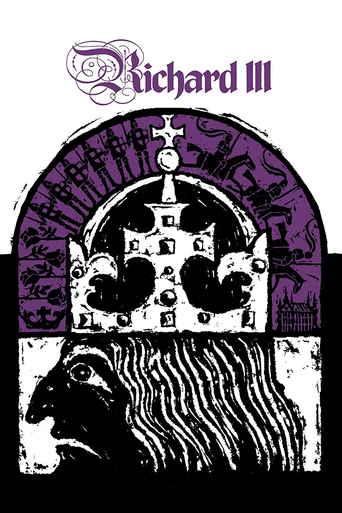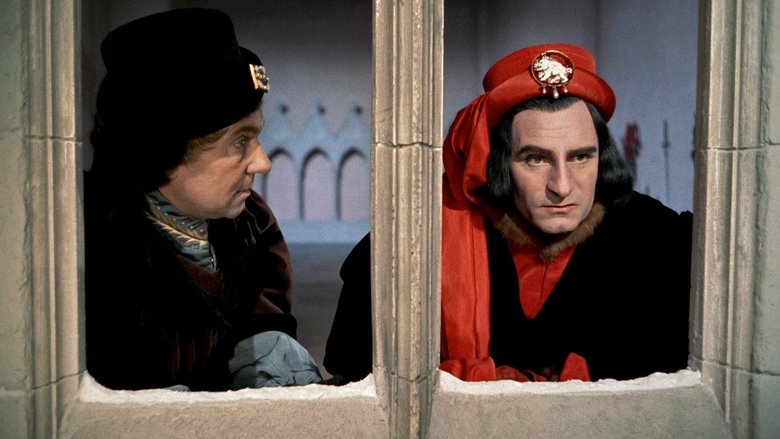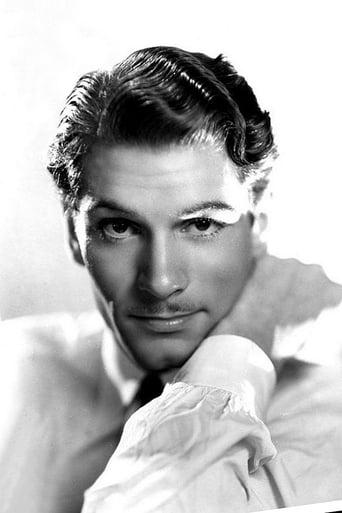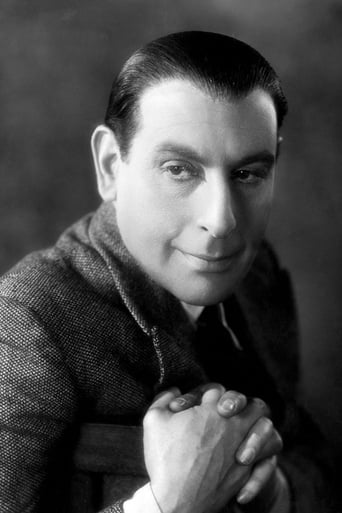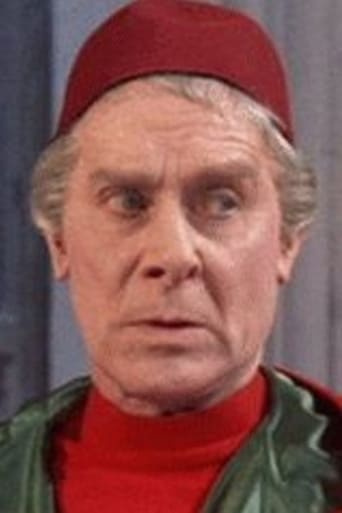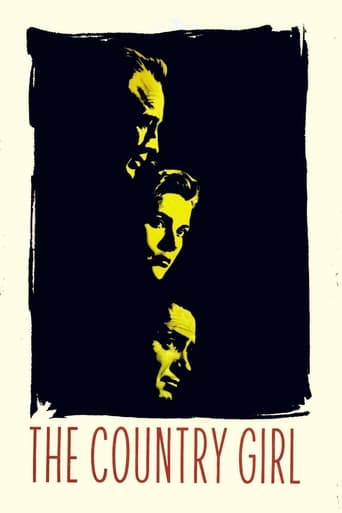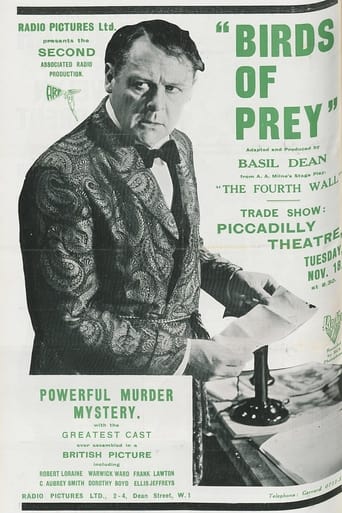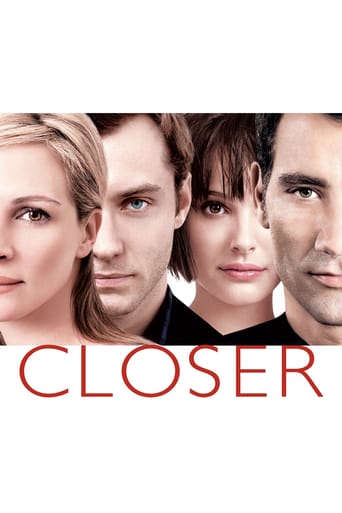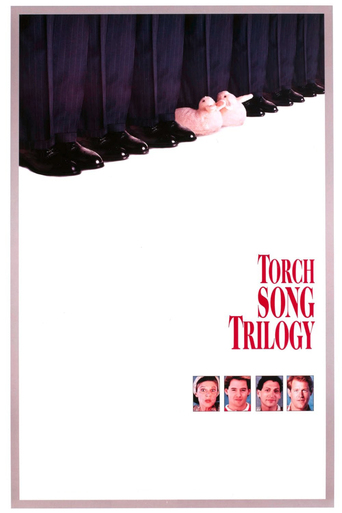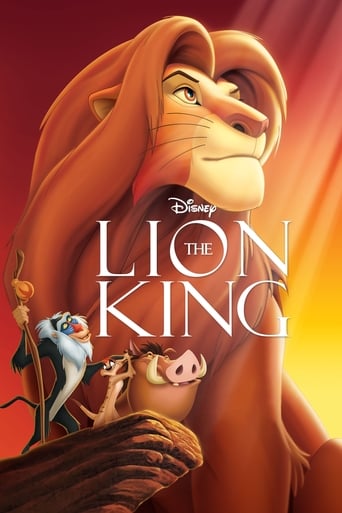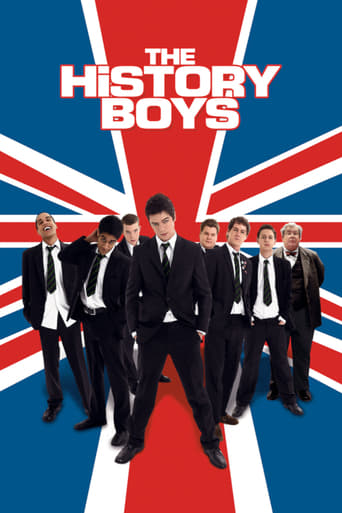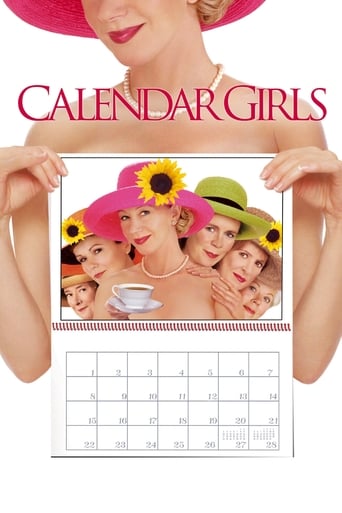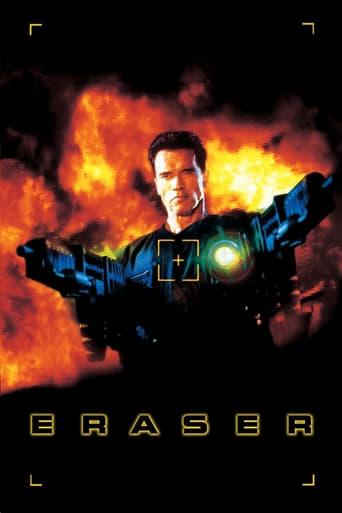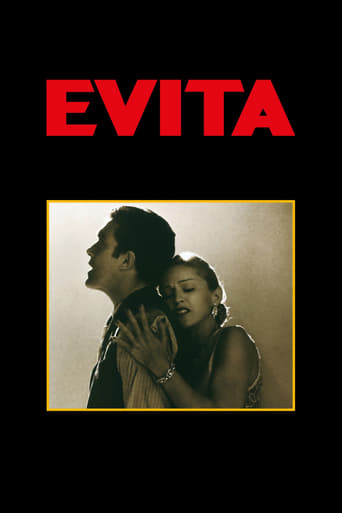Richard III (1956)
Having helped his brother King Edward IV take the throne of England, the jealous hunchback Richard, Duke of Gloucester, plots to seize power for himself. Masterfully deceiving and plotting against nearly everyone in the royal court, including his eventual wife, Lady Anne, and his brother George, Duke of Clarence, Richard orchestrates a bloody rise to power before finding all his gains jeopardized by those he betrayed.
Watch Trailer
Cast


Similar titles
Reviews
Just what I expected
Excellent, Without a doubt!!
Although I seem to have had higher expectations than I thought, the movie is super entertaining.
Blistering performances.
Perhaps the excruciatingly involved family relationships could have been clarified a bit more. Dock one star reluctantly, but feel guilty. The full play runs for four hours, and just has to be cut. These twisted family trees show how ridiculous it was to re-position this play in the fascist 1930s. Shakespeare's Richard was systematically killing off his nearest relations, his brothers, his nephews, his wife. There was no parallel whatsoever with fascist Europe, quite apart from the hilarious sight of Richard sitting in a jeep, and shouting: My Kingdom for a Horse ! The entire play, as Shakespeare wrote it, revolves around a diabolical family massacre. Not exactly Socialism, National or International. This was Richard's revenge on the genetic trick, which sent him into this breathing world, scarce half made up, with little to do but descant on his own deformity. The lines are indelibly fixed in the memory. Richard felt compelled to compensate by bustling.Any criticism is irrelevant, in one sense. This film's immortality depends, once and for all, on Olivier's utterly mesmerizing performance. This etches its way into the viewer's consciousness, never to be eradicated. I can hardly believe the film was at first a commercial flop, allegedly. I remember family friends already obsessed with it, in 1955. In that year it was shown on US TV, gaining an enormous audience. Ten years later, it broke box office records in many US cities, with 40 million viewers. Olivier's Richard was parodied in an acclaimed take by Peter Sellers, which, although extremely funny, took nothing at all away from the original. In any case Shakespeare wrote it as a caricature, both humorous, tragic and even slightly sympathetic. The viewer identifies in some way with the wretched villain. Olivier's direction is magnificent. His production is for all time. I saw the all-female Richard III at the Globe in 2003. It was hyper-ridiculous.
Of the three Shakespeare plays that Laurence Olivier directed and starred in, Richard III is my favourite, though I think both Henry V (1944) and Hamlet (1948) are more filmic and wide-reaching visually. Richard III is more stagy, more theatrical. This is not necessarily a bad thing, for it captures probably one of the finest, most delicious performances ever in a context that respects its theatrical heritage (Olivier famously played Richard on stage earlier), and there is something about the very construction of the play that is very theatrical – essentially it is a series of small dramas or set pieces: scenes that in themselves are works of art, and beautifully crafted that way by Shakespeare. The staginess works best when Olivier speaks directly to us, because then he is using an unconventional film device (actors don't normally talk to the camera) to improve upon a common theatrical device, creating a bond between role and audience. That this is not employed throughout the play is as much Shakespeare's fault as Olivier's, because it is written that way –we get no direct address from Richard in the crucial demise at the battle, and are thus relegated back to being observers rather than "confidents".Upon re-watching it, I was struck by how much what seeing was itself an historical document –of a style of acting and staging that perhaps to us now seems dated, but which at the time was perfectly relevant and true. When diction counted for something and clarity of expression and utterance was all important. Some of the performances come across as more dated than others, perhaps because of their shameless heightened theatricality. This is particularly true of some of lesser characters whose have no star appeal to buoy them up and are dependent merely upon their craft. Yet someone like Ralph Richardson is such an interesting screen personality that his performance –like that of Olivier's– remains fresh and vivid. Michael Gough does wonders with his small part, and Claire Bloom is marvellous –the scene in which her character is wooed by Richard is one of my favourite in both the film and in all of Shakespeare.People have remarked upon the unevenness of the final act, with a sunny Spanish landscape so clearly standing in for soggy England that it distracts our attention away from the narrative; the theatricality is gone and we are suddenly made of this being a film location. The way this necessary shift from studio to outdoors is handled is much more deftly achieved in Olivier's earlier "Henry V", which also has a more satisfying battle scene, but that was written more precisely too; the battle scene in Shakespeare's Richard III only has a few lines and few directions so any film version will have to expand upon these. I think in this case there must have been many logistic difficulties with the location filming because this section of the film is sadly not on par with what has come before.Yet, though these points may seem somewhat negative, I am merely pointing things that I feel could have been better. They do not affect my enjoyment of the film, nor my high regard of Olivier as a director and performer. And of all Shakespeare films, this is the one I return to again and again.
Very few actors and director's have the skill to bring William Shakespeare's work to life. The transition from stage to screen can prove difficult, especially when wrestling with the Bard's complex word-play and trying to make a movie that feels like a movie and not simply a filmed stage performance. No-one has succeeded as well as Laurence Olivier, here trimming one of Shakespeare's most wickedly entertaining plays to it's bare necessities, and delivering a fascinating performance to boot. Despite his high esteem, I've always found Olivier's acting to be somewhat hammy. But his hunchbacked, sneering monster is the definitive Richard III, combining his character's heinous acts with a devilish smirk.A lot has been written about Olivier the actor, but clearly not enough about Olivier the director. Though his Shakespeare adaptations can often feel stagy, he wasn't afraid of taking narrative risks. His magnificent Henry V (1944) began with actors preparing to perform the play in front of a theatre audience, before go into full-movie mode. Richard III begins with Olivier breaking the fourth wall and delivering his gleefully atrocious plans to camera, boasting of his strategy to usurp his brother King Edward IV (Cedric Hardwicke), but not before ridding himself of his other sibling George (John Gielgud). He seduces the widow of the man he slew during the War of the Roses, Lady Anne (Claire Bloom), and conspires with his cousin the Duke of Buckingham (the astonishing Ralph Richardson).Shot in wonderful Technicolor and opting for minimalist set design, Richard III is a treat for the eyes. But the true delight is the cast - a smorgasbord of British thespian talent - who deliver Shakespeare's poetic prose as if they talk it in their sleep. This is a tale of greed, paranoia and blood, told with a jet-black sense of humour, and Richard is one of Shakespeare's greatest creations. Disgruntled at being born lame and deformed without being compensated for his sufferings - you just have to sit back and marvel as he tricks and murders his way to the throne, turning to regicide and infanticide with a smile on his face. Olivier is clearly having a ball, and this is truly his show. I never realised Shakespeare could be so much fun.www.the-wrath-of-blog.blogspot.com
Sir Laurence Olivier is "Richard III," a film produced and directed by him. He surrounded himself with only the best: Cedric Hardwicke, John Gielgud, Ralph Richardson, and Claire Bloom. Shakespeare took great liberties with the life of this King, but in so doing, created one of the great characters in theater. And who better to play him the limping hunchback than Olivier? In the documentary on Laurence Olivier, "Laurence Olivier: A Life," he speaks in great detail about the production, including his decision to model Richard's appearance on producer Jed Harris. Apparently a lot of people hated him, as he was also the model for the Big Bad Wolf, and the documentary shows Richard and the Wolf side by side. It's a scream.Olivier plays the cunning, manipulative, evil Richard to perfection, with tongue firmly in cheek during some moments. He speaks to the audience throughout, which is an excellent device. There's not too much to be said about the rest of the cast - just the mention of their names says it all.The battle scenes are great, and when Richard screams, "A horse, a horse, my kingdom for a horse," it's magnificent. Wonderful score by William Walton.History tells us that Richard probably wasn't deformed, that he probably didn't kill Anne's husband, that no one knows what happened to his nephews, and Lady Anne probably died of tuberculosis and not poison. History also tells us that he stole the crown from his nephew by claiming he was illegitimate; and that Buckingham indeed turned on him. So something tells me that being in Richard's way maybe wasn't such a good thing in real life, either.Truly magnificent. A must see.

